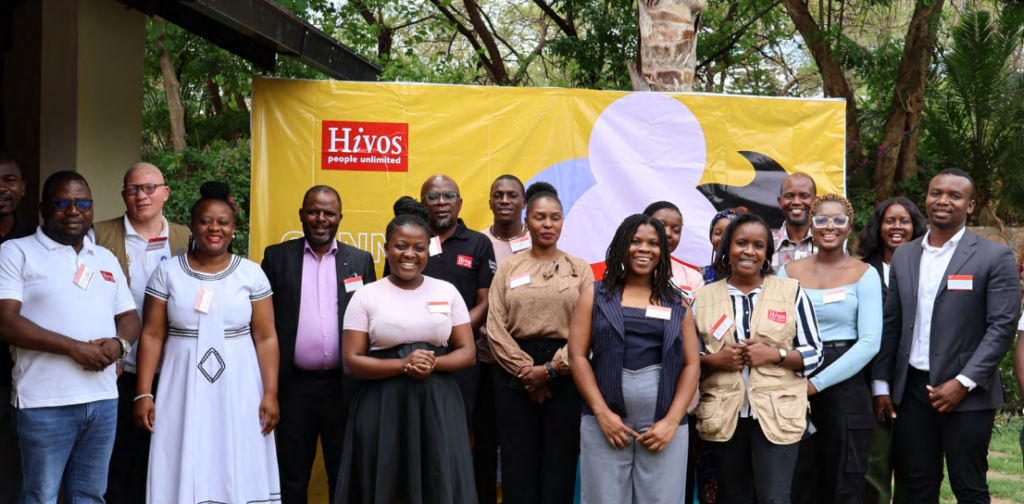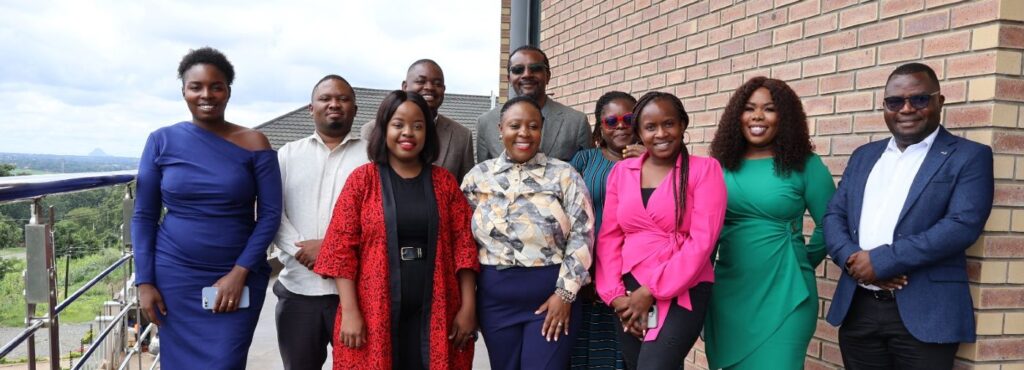From time immemorial, Zambia’s agriculture system has concentrated on promoting the same type of crop year in, year out. The dominance of maize appears to be a direct result of the country’s policy focus. Since independence, Zambia has promoted maize production by consistently supporting farmers through the Farmer Input Support Programme (FISP). There has been a tendency to depend on the same crop even while it has shown signs of failure when conditions are not favorable. The situation has remained like this until today. Little is being done to share information and help farmers understand the importance of crop diversification. Zambia has plenty of fertile land where different types of crops with high nutritional value can thrive. With increasing unfavorable conditions as a result of climate change, there is an ever growing need to encourage farmers to grow crops that can stand unpredictable weather patterns while at the same time provide much better nutritional value than maize – which is in fact low on nutritional value.
Promoting Sustainable, Healthy Crops
For the above reason, Hivos Southern Africa Hub: Zambia has embarked on a campaign to promote the prioritization of sustainable, healthy crops such as sorghum and millet. Crops like millet and sorghum are very special even though their nutritional value is less understood.
Professionals have described millet as one of the best-kept secrets of our ancient ancestors. When facing the double threat of population malnourishment and climate change, now is the time to engage and convince our government that it’s worth shifting the focus away from maize – towards other crops like millet, sorghum and other healthier and more resilient types of crops.
As part of our mission to raise awareness for sustainable foods, Hivos Southern Africa Hub Zambia is valuing the inclusion of youth in this process. By sharing knowledge on healthy diets and sustainable agriculture with our future generations, we are building in safeguards for a sustainable future. We see value in engaging young leaders that have potential to inspire others; that might end up in decision making positions in the future; and that are full of energy to already start making a change themselves. As such, we have created a Food Change Lab group for youths. A Food Change Lab is a multi-stakeholder innovation process that aims to better understand problems in a local food system, build coalitions of change, generate solutions, and test them on the ground.
Young People As Agents of Change
As a first activity, the youth group of the Food Change Lab organised a food festival in July 2017, which enabled community members of Kapongo in Kafue district to come together and celebrate the food grown in their area and to share knowledge on the need to add more crops to what they usually grow. During the festival, Hivos and the young food activists talked to (especially young) farmers to enrich mutual understanding of the importance of growing different types of crops. Generally, farmers have knowledge on crop diversification, but disclosed that they have difficulties in practicing it, especially when it comes to the issue of sourcing for seeds and seedlings. So as farmers are willing to break out of the monocropping habit but are searching for that little push, it is imperative that government and other stakeholders continue to engage them on the importance of crop diversification and offer viable pathways for them to make this change in practice.
Headman Kapongo who attended the Youth Food Festival supported the call to diversify crops. He stressed the need to have diversity on the plate, saying people should appreciate eating different foods for their health. Most people cook and eat the same food over and over without with little change. He was delighted at the holding of the Youth Food Festival in his village, saying that the community values being engaged by Hivos to create a sustainable food system which will later on be a referral food system model for several communities across the country. He urged his community to get back to the traditional cooking methods. which made food more.
Traditional Foods in Zambia
The guest of honour at the event was Hon Mirriam Choonya, MP of Kafue Constituency. In her remarks as she addressed the audience, she thanked the young food leaders, Hivos Zambia and its partners for their efforts in promoting the consumption of traditional local food grown in her constituency. We cannot talk about food consumption and production without a sound food agricultural policy, she said. She pledged to continue urging government to put in better agriculture marketing policies and strategies. It is very important that the community has a diverse food system so that people can afford the opportunity to choose from a number of food products.
Julius Luwaya who has been representing the youths in the engagement of young people in the food system, urged his peers in Kapongo to take the coming of Hivos to their community as an opportunity to fight unemployment while building a sustainable food system for the community. A diverse food system has the ability to translate into healthy bodies of community members. In his words: “We are future food leaders and now is the time to fully engage with key strategic partners in ensuring that we meaningfully develop a sound food lab for our current generation and posterity. Remember, our food is our cultural identity!” Julius and his group, together with the youths of Kapongo Community, are exploring the possibility of building a demonstration food lab, which has received good reception. Hivos Zambia will remain engaged in supporting future generations in their important mission.




